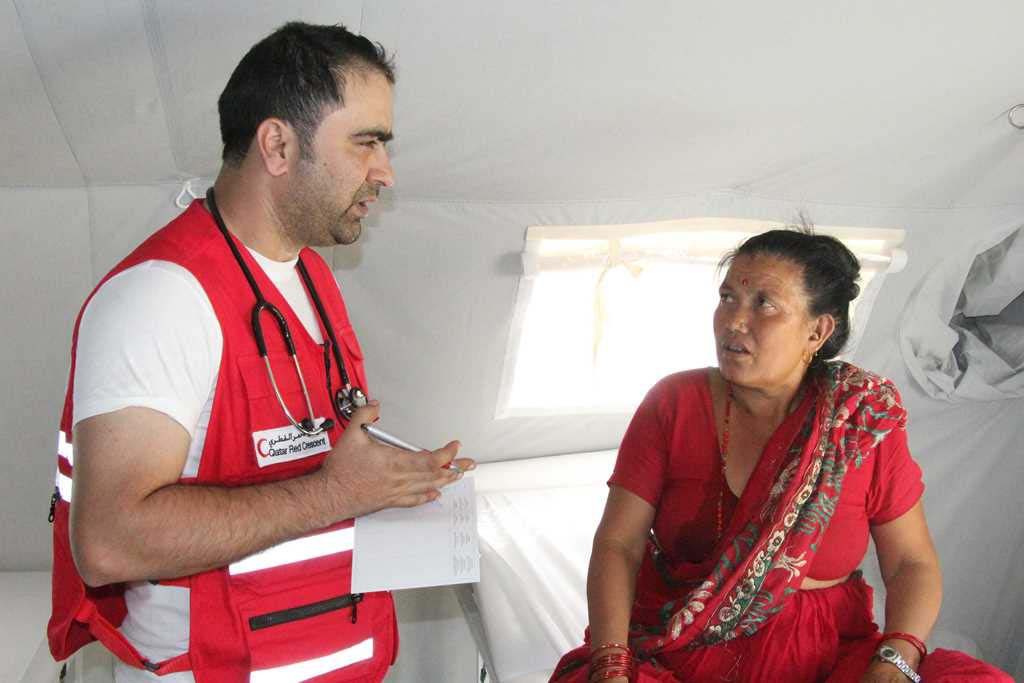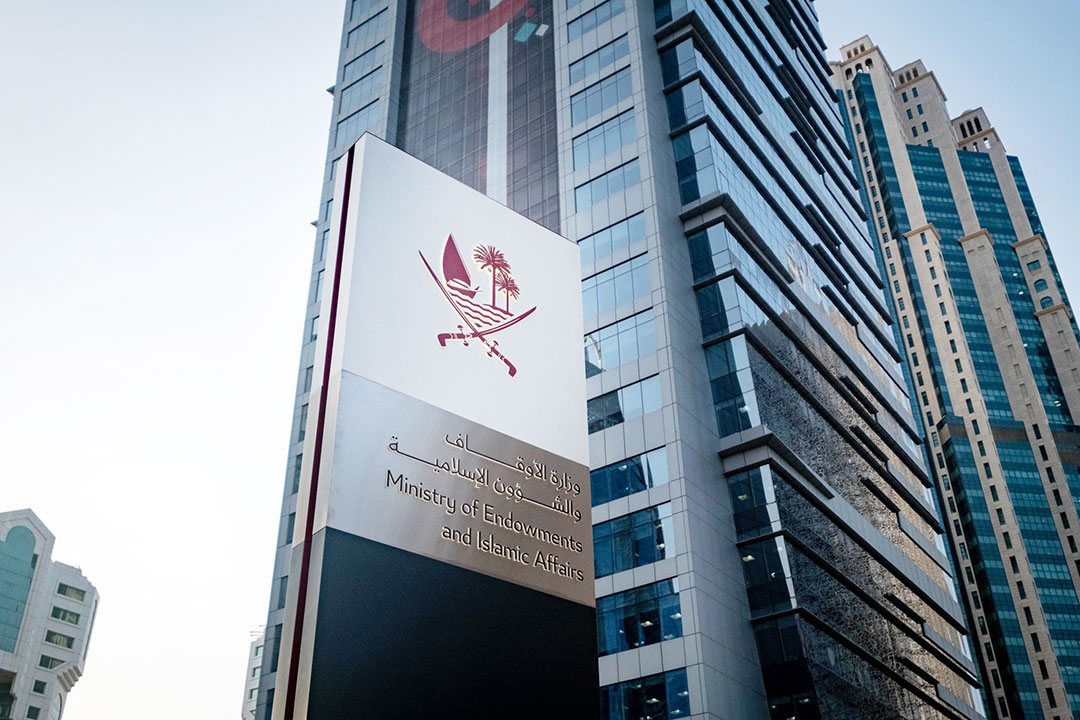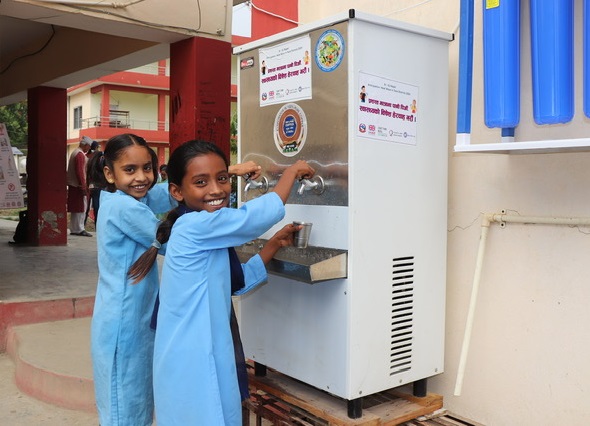
Qatar Red Crescent (QRC) has treated more than 300 patients, including a 101-year-old man, in the first 48 hours after arriving in a Nepali village some 50km away from the epicenter of last month’s devastating earthquake.
The local charitable organization said its mission in Nepal has been extended from two to three months due to the need, during which it expects to treat some 7,000 patients.
The QRC is currently operating a health care unit staffed by three physicians, six nurses and a pharmacist, all of whom are assisted by several local volunteers with medical backgrounds.
The team arrived in the Nepali capital of Kathmandu late last month, two days after the 7.8-magnitude earthquake struck the mountainous region, killing more than 7,650 people and injuring thousands more.

After exploring several areas and consulting with other international relief organizations, the QRC set up in Trishuli, a town in Nepal’s Nuwakot District and began treating patients on May 4.
That included centenarian Funchu Tamang, who survived an entire week buried under rubble. He is now recovering from pneumonia, but has been left homeless following the earthquake’s destruction, the charity said.
Many patients treated by the QRC had suffered injuries during the earthquake, while others were seeking treatment for pneumonia, eye infections, chronic ailments such as hypertension and diabetes, as well as obstetrics and gynecology cases.
Equipped with an emergency section, pharmacy, operating theater, orthopedic surgery room, emergency laboratory as well as a 40-bed temporary ward for patients, the healthcare unit is designed to be self-sufficient without requiring any external supplies for up to 100 days, QRC said.
The organization is currently appealing for donations, which can be made online here.
Those who wish to help the earthquake victims in Nepal have been encouraged to donate money, rather than goods, to make the biggest impact.
Nepalis struggling in Qatar
Meanwhile, reports have emerged that some of the estimated 400,000 Nepalis living in Qatar are struggling to leave the country so that they can return home and tend to injured family members and help them rebuild homes.

Some of them are reportedly having trouble securing an exit permit and permission to take time off from their employers.
That’s led several long-standing critics of Qatar’s labor policies to amplify their appeals for the country to loosen restrictions around leaving the country.
In a statement last week, Sharan Burrow, secretary-general of the International Trade Union Confederation, said:
“We call upon the Gulf States, which rely so heavily on cheap and exploited labour from Nepal, to show compassion and immediately suspend the kafala restrictions which are stopping Nepalese people returning home for bereavement and to help reconstruct the country.”
However, media sources closer to the Nepali community in Qatar have reported that the challenges can sometimes be more complex.
Some Nepali expats are unable to afford the plane ticket from Doha, while others grapple with deciding whether it’s better to return home or keep working to support their surviving family members, reports Nepali newspaper Ekantipur.
It cited the case of Uddhab Giri, who hails from Bhadritar in Nuwakot and lost his wife in the earthquake. He opted not to leave Qatar on the advice of his parents.
“We cannot do anything even if we return. We need money now like never before, as we have to start again from rock bottom,” said Giri’s brother, Prushottam, according to Ekantipur.
The newspaper quoted an official at the Nepali embassy in Qatar as saying that approximately 25 people have sought the mission’s help to return home.
Meanwhile, some local companies have said they are assisting their employees make their way back to Nepal.
The Profit Group, which runs the local Cars Taxi franchise, told Doha News earlier this week that it had arranged for four Nepali drivers whose families were affected by last month’s earthquake to be flown to an Indian airport close to the Nepal border.
Thoughts?







